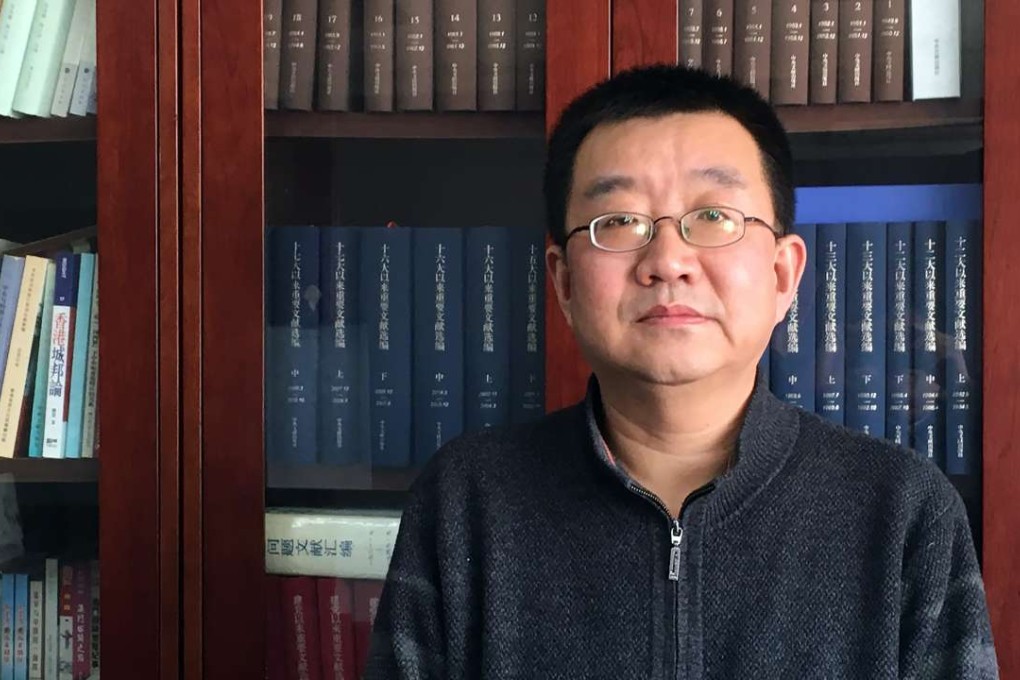‘Hong Kong can deal with it’: academic says city can resolve issue of independence advocates being barred from Legco elections
Qi Pengfei says no need to refer case to NPC Standing Committee

The controversy over Hong Kong independence advocates being kicked off the ballot in Legislative Council elections is unlikely to prompt an interpretation of the Basic Law by the nation’s top legislature, according to a leading mainland expert on the city’s affairs.
Qi Pengfei, director of Renmin University’s research centre on Hong Kong, Macau and Taiwan, said the row over the disqualifications could be resolved by the Hong Kong legal system.
But he said on Tuesday that enacting national security legislation would be an urgent task for whoever becomes chief executive next year.
“At this moment, I don’t see the need for the National People’s Congress Standing Committee to make an interpretation of the Basic Law,” he said.
Qi’s comments came a day after Secretary for Justice Rimsky Yuen Kwok-keung stressed the government had no plan to ask the Standing Committee to interpret the law and head off a looming legal battle.